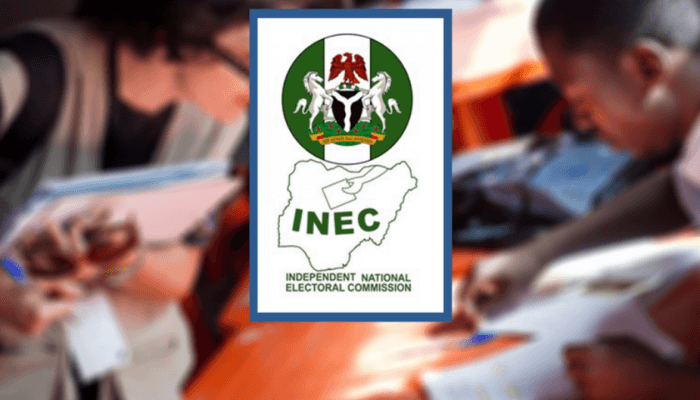Discussions about amending the Electoral Act 2022 have come up again. This time, a section of the National Assembly seems eager to push through with the process. And the aspect that has gained traction, quite easily and expectedly, is the contentious electronic transmission of election results.
Recently, the House of Representatives, on its own prompting, passed a bill seeking to amend the Electoral Act 2022. The proposed amendments were sponsored by the chairman, House Committee on Rules and Business, Honourable Francis Waive. And to show they mean business, the bill easily scaled through the Second Reading. In his lead debate, Waive argued that the bill would brighten the prospect for electronic transmission of election results to minimize fraud in the electoral process.
The proposed legislation also seeks to amend selected sections of the current Electoral Act to provide for the re-registration of voters, same-day elections, electronic transmission of results, and punishment for frivolous election petitions.
Section 60 (5) of the Principal Act is amended by inserting the word ‘Transmit’ after transfer and also the word ‘Electronically’ at the end of the sub-section that: “The presiding officer shall transfer and/or transmit the results, including the total number of accredited voters and results of the ballot electronically.”
Waive observed gaps in the current Electoral Act 2022, and noted that amendment of the law was necessary to pave the way for electronic transmission of results, which he claimed would help the nation’s democracy.
He also made some arguments suggesting amending of section 10 of the Principal Act by providing for a new subsection (3) that: “without prejudice to the provisions of this section and subject subsection (2), every 10 years the Commission shall carry out a re-registration exercise of all eligible voters in preparation for the next general elections.”
Similarly, Section 28 (1) of the Principal Act is amended by adding a new paragraph (c), which provides that “subject to paragraph (a) of this section, and without prejudice to other sections of this Act, election into the office of the President, National Assembly, State Governors, and State House of Assembly shall be conducted on the same day.
We’ll Produce Better Electoral Act – Speaker Abbas
Furthermore, Section 47 of the Principal Act is amended by inserting a new subsection (3), and the current subsection (3) now becomes subsection (4) as follows: “Where the process of accreditation specified in subsection (2) above fails, such a voter is automatically disqualified from voting, that is to say, no accreditation, no voting.”
In the same vein, Section 130 (2) of the Principal Act is amended by providing a new sub-section (2) while the previous sub-section (2) becomes sub-section 3 as follows: “notwithstanding the provisions of sub-section (1) above, any person who presents a frivolous petition to the tribunal shall be liable to pay a huge fine to the respondent if the court so determines the petition to be frivolous and a waste of time.
The proposals are interesting and the timing commendable. However, we would hope that this National Assembly does something critical about election financing and party funding in the country. This singular issue has continued to have ripple effects not just in how candidates emerge but on overall governance. We also expect that debates on online and diaspora voting would be revisited to enable a system check for application.
As it stands, the mention of a fresh amendment of the Electoral Act sparks a range of feelings among Nigerians, most of them not pleasant. This is in spite of the fact that laws, as living documents that should evolve with the times and aim at ensuring justice, fairness, stability and progress of any society, should be tweaked from time to time.
In the last episode, after a tortuous back and forth between the civil society and lawmakers on the one hand and the fears that then President Muhammadu Buhari would yet again not sign the bill into law, key adjustments were made to the Electoral Act 2022.
They included issues bothering on mode of party primaries, submission of candidates list, review of results declared under duress, funds for general elections, early commencement of campaign season among others were addressed and captured.
Although the contentious transmission of election results by the Independent National Electoral Commission (INEC) was eventually passed, the ambiguity in the signed law created a huge shock, following the Supreme Court’s ruling that INEC was not mandated to transmit election results electronically since the commission has other options of transmitting results. Indeed, this left a sore taste in the mouths of many, especially advocates for swifter, less complicated and transparent ways of collating and transferring results.
Seemingly, it is a good thing that the House has decided to revisit this item and more. The other part of the National Assembly, the Senate, comes into view in light of this move of their colleagues. We expect that the debates will soon begin. But we are not unmindful of the antics of the political class and their inebriating desire to retain power at any expense.
With most lawmakers and members of the executive arm of government eligible to seek reelection, will they be courageous enough to amend the laws to allow for conscionable elections? If they do, they would have distinguished this Assembly as bold and patriotic.





